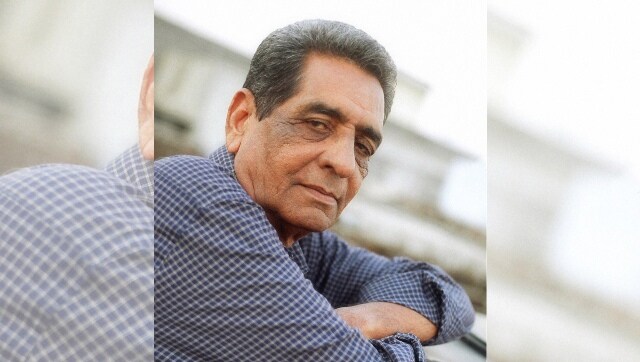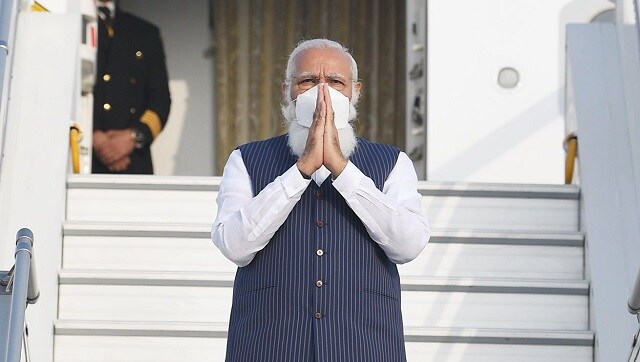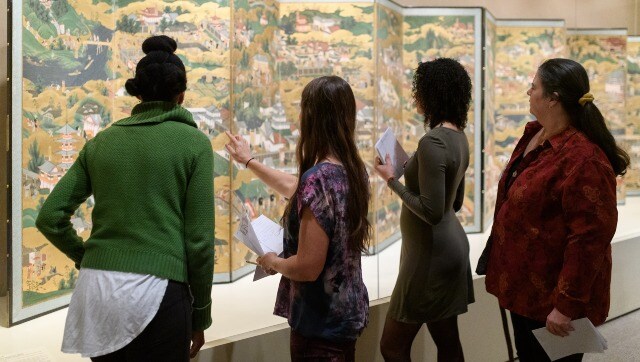Khalil Dhantejvi, Gujarati poet and ghazal maestro, passes away at 82; PM Modi expresses grief
Dhantejvi, born Khalil Ismail, was a much-sought-after personality at mushairas.

Khalil Dhantejvi. Wikimedia Commons/Sanjay Vaidya
Vadodara: Noted Gujarati poet and ghazal maestro Khalil Dhantejvi died in Vadodara on 4 April due to age-related issues, those close to him said. He was 82.
The poet, who was born Khalil Ismail, but adopted ''Dhantejvi'' from the name of his village Dhantej in Vadodara, had written many poems and ghazals, and was a much-sought-after personality at mushairas. He had titles such as Sarangi, Sadagi, Sopan, and Saugaat to his credit.
He started off his career as a journalist, and went on to write and direct some films too, reports Indian Express.
In a tweet, PM Narendra Modi said, "I am pained at death of famous Gujarati poet, writer and ghazal exponent Khalil Dhantejvi. His contributions will always be remembered for making Gujarati ghazal interesting. Condolences to family members and his fans."
He could not attend school beyond Class 4 owing to his family's poor financial situation. In 2012, he vowed to sponsor the education of underprivileged children in his village and raised Rs 1.5 lakh through donations and his own funds, reports Times of India.
He was the recipient of awards such as the Wali Gujarat Ghazal Award, Kalapi Award and Narasimha Mehta Award.
With inputs from Press Trust of India
also read

Narendra Modi embarks on two-day Bangladesh visit aimed at ‘furthering cooperation’
On his first foreign trip since the onset of the COVID-19 pandemic, Modi said he will hold ‘substantiative discussions’ with Sheikh Hasina

Four shot dead in Bangladesh's Hathazari after protest against Narendra Modi's visit turns violent
Police said four bodies of members of Hefazat-e-Islam group were brought to Chittagong Medical College Hospital after the violence erupted

Hit by coronavirus pandemic, museums sell treasured works amid criticism about betraying cultural missions
Some museums are seizing the opportunity to renew and diversify their collections, but others have been forced to backtrack after opposition from local communities.